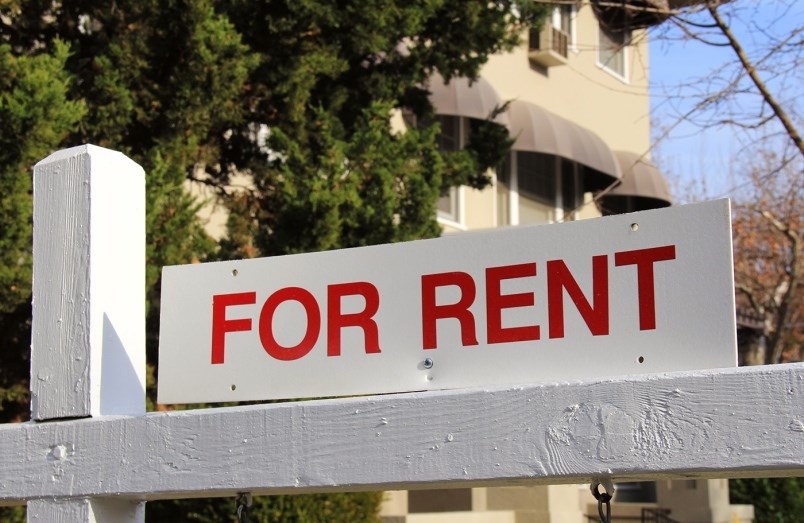A Burnaby senior says his landlord is trying to force him to move out through a series of disturbing measures.
Phillip (who doesn’t want his last name used) is 90 years old and a renter for the past 20 years after his wife passed and he was forced to sell his home.
With no family in B.C. to help him, he reached out to me for advice on how to deal with the landlord. I have put him in touch with the Residential Tenancy Branch, a service he didn’t know much about because he doesn’t have Internet access.
It started with the landlord trying to raise Phillip’s rent by about 35%, a number that is of course illegal based on limits set by the Province of BC.
When Phillip refused to pay – saying that the landlord couldn’t raise it by that much – the landlord stopped putting in any effort to maintain the house in which the local senior rents out a basement suite.
The landlord started smoking cannabis right next to a vent that blows into Phillip’s suite.
Phillip also says his landlord is unreasonably loud at all hours of the night, blasting music sometimes until 3 or 4 a.m.
“Sometimes I wish I had lost my hearing,” Phillip said. “He is just blasting it at all hours. I think he’s trying to drive me out so he can raise the rents.”
According to B.C.'s Residential Tenancy Act (RTA), landlords are responsible for providing quiet enjoyment to all tenants. Upon getting a disturbance complaint from a tenant, the landlord must take steps to fix the problem. For example, a landlord may need to speak to a tenant about noise if it bothers neighbouring tenants.
If there are disturbances like unreasonable noise, excessive second-hand smoke or harassment from a neighbouring tenant of the same landlord, the tenant should speak to the landlord about the issue, but Phillip says the landlord won’t listen.
According to Section 32 of B.C.'s Residential Tenancy Act (RTA), landlords are also responsible for providing and maintaining their residential properties in a state that complies with the health, safety and housing standards required by law. In other words, they need to keep your pad pest-free or deal with pest issues as they arise.
But Phillip said he’s seen mice scurry across his living room floor in recent months, but the landlord won’t do anything about it either.
This is another sign of how rough life is like for local renters.
Recent research showing Metro Vancouver’s abnormally high residential rental eviction rates is a dire warning sign for the region’s economic development, local urban development experts say.
The Housing Research Collaborative report funded by the University of British Columbia (UBC) and conducted by UBC researchers Silas Xuereb, Andrea Craig and Craig Jones was released on September 14. It highlights Metro Vancouver’s five-year eviction rate of 10.5%, which is far higher than the rate in Toronto (5.8%), Montreal (4.2%) and other major Canadian census metropolitan areas or the averages recorded elsewhere in Canada.
Those numbers are highly troubling, said Andy Yan, director of Simon Fraser University’s City Program.
Yan, who said Metro Vancouver is likely seeing a demographic shift with more people looking to rent homes long-term, said the new report poses serious questions for policy makers.
“It’s important that, as a city starts realizing [it is] a city of renters, it highlights the problem of creating a city for renters,” Yan said. “This report highlights the precariousness of renters in the housing system we live in. And, unfortunately, it’s not surprising given the state of what we know about what being a renter in Metro Vancouver means.”
The new report is one of the first comprehensive analysis of rental evictions in Canada based on data from the 2018 Canadian Housing Survey, which gathered data from more than 65,000 Canadians. The report also found the five-year eviction rate for B.C. reached 10.6% in 2018 – almost double that of Prince Edward Island, which was the second-highest province, at 6.8%, and almost three times higher than the rate in jurisdictions with the lowest eviction rates (Manitoba and Nunavut, 3.7%).
- With additional reporting by Chuck Chiang, Glacier Media
Follow Chris Campbell on Twitter @shinebox44.


